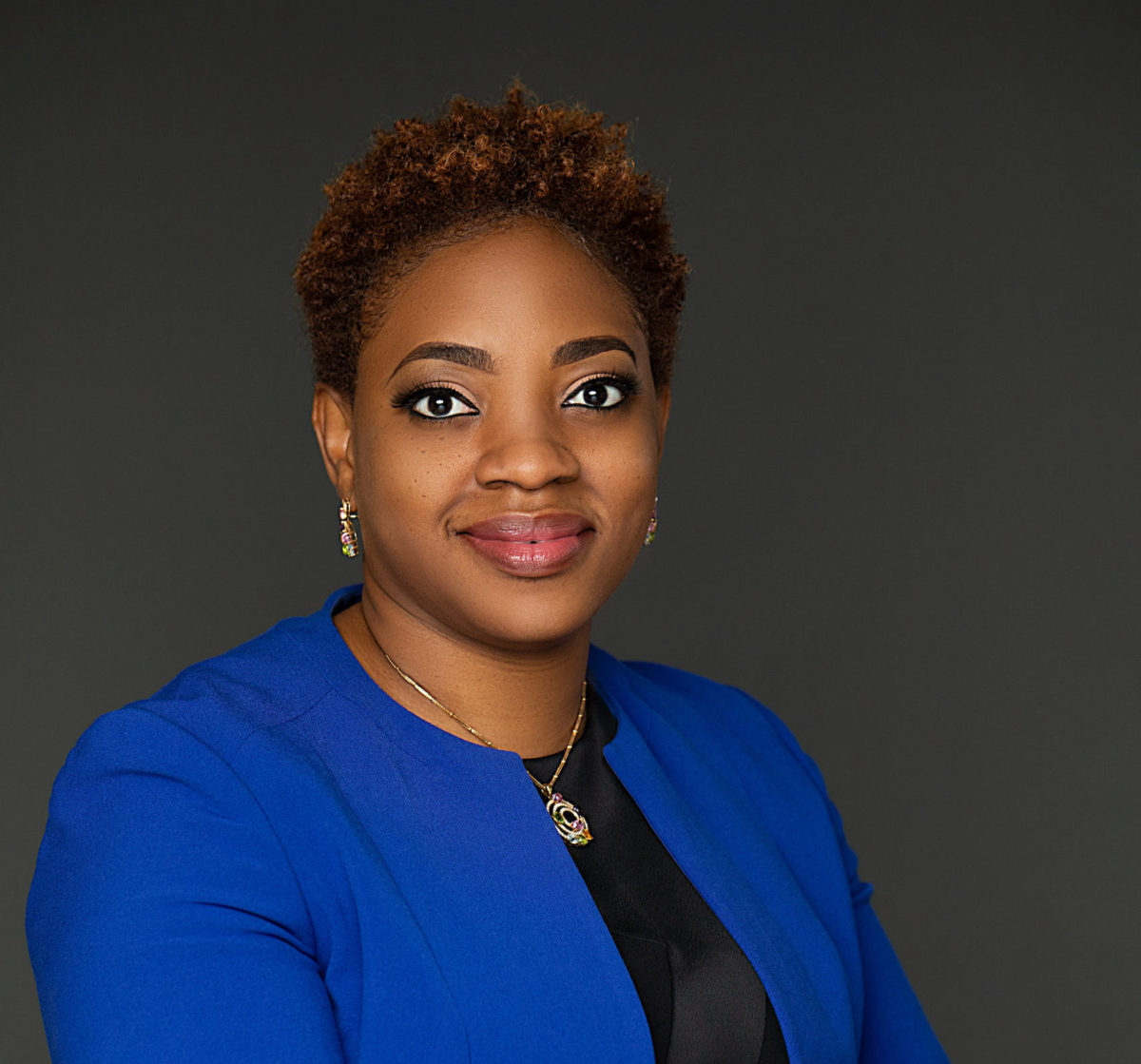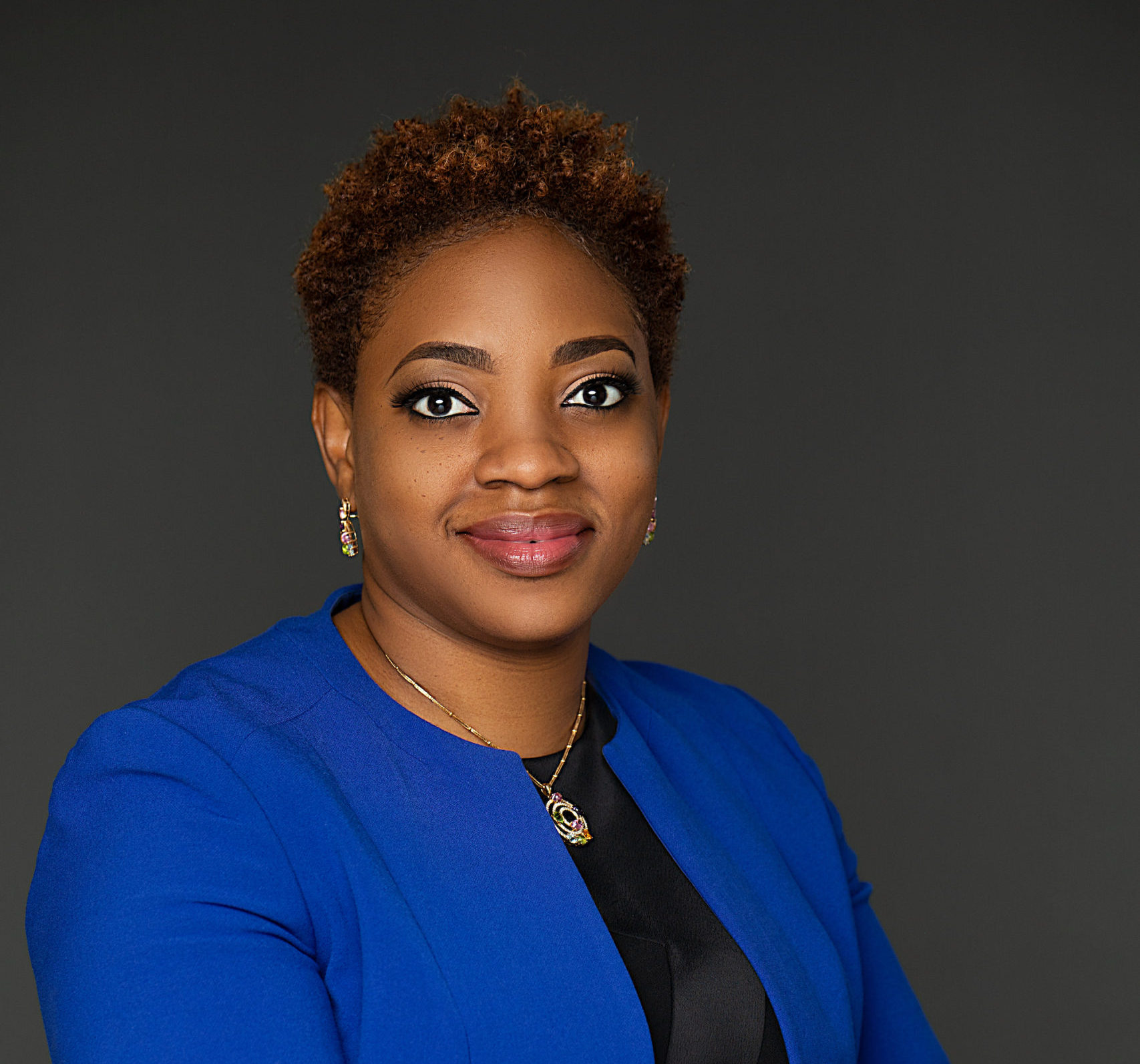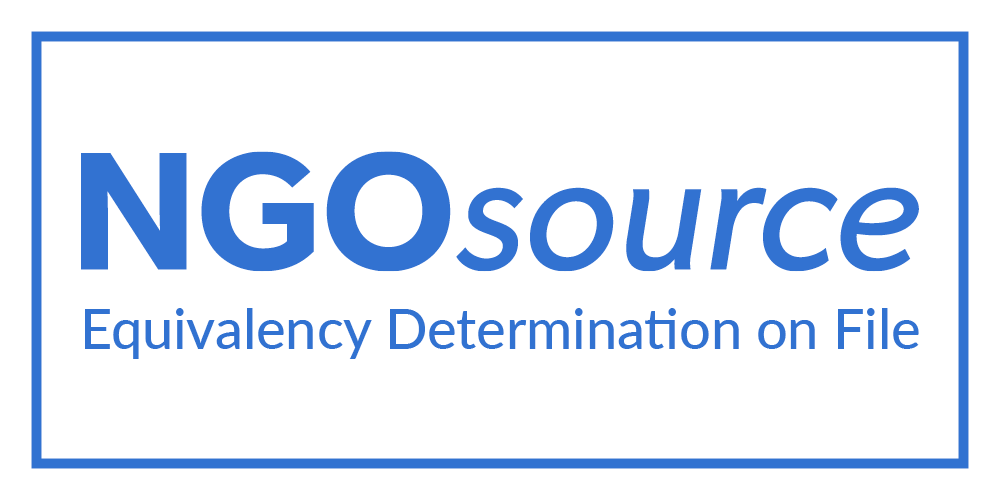

WIMBIZ RECENT HUMANITARIAN ACTIVITIES AMID LOCKDOWN DUE TO THE COVID-19 PANDEMIC AND ITS CHALLENGES
Chairperson of the Executive Council, Women in Management, Business and Public Service, Mrs. Ngover Ihyembe-Nwankwo, discusses the organisation’s recent humanitarian activities amid lockdown due to the COVID-19 pandemic and its challenges with MOBOLA SADIQ
What inspired your decision to help low-income households during the lockdown?
WIMBIZ was inspired by the humanitarian challenges associated with the pandemic and the restrictions on movement.
It quickly became apparent to WIMBIZ that Nigerian women from low-income households would be hardest hit by the impact of the lockdown and they would need support to comply with the government’s directive to stay at home in order to flatten the curve and stop the spread of the COVID-19 virus.
In line with CAP Plc’s CSR policy, we saw the need to impact the immediate community by assisting vulnerable women in this critical season. Seeing that WIMBIZ was already active in this regard, CAP Plc reached out and together we distributed relief packs to the identified communities. Similarly, we also received support from individuals and other corporate & institutional donors such as: Unilever, NB Plc, Procter & Gamble, Verod Foundation, Keystone Bank Plc, Pricewaterhousecoopers Alumni, Easyshop Easycook Services, Sages & Scholars Lighthouse Academy, Abuja; Gabby’s Bakery, Nyanya Abuja; Songhai Farms, Sword Sweets, Chicken Villa, Femme Africa, Sterling Bank Foundation, Kings College Old Boys Associations (Class of 77 – 82), Citi Forum, Mohini Limited, Saturday Night Fever, BFA Foundation and Cross Boundary to mention a few. In total, we received donations from 503 cash donors and 18 in-kind donors towards the WIMBIZ COVID-19 Relief Project.
How many people benefited from the initiative?
We distributed 11,919 relief packs, directly impacting over 71,514 Nigerians across 28 communities in four states. Sector demographics covered include vulnerable households, COVID-19 health workers, waste management staff, widows, law enforcement families, internally displaced individuals and an old people’s home.
It appears that your relief packages were only given to women, were women solely the focus of your intervention?
Yes, WIMBIZ is primarily focused on women.
You also gave out relief packages to support widows of soldiers who fought against Boko Haram and lost their lives in battle; from your interactions with them, what are their challenges?
Like most vulnerable women who have lost their life partners and found themselves suddenly taking on the responsibility of being breadwinners, these widows face many challenges. From our interaction during the distribution of the relief packs, the primary concerns were the impact of the lockdown and access to food for themselves and their families.
There were also secondary challenges such as lack of access to capital to start or grow small businesses, skill acquisition programmes and opportunities for self-actualisation.
What criteria did you use in selecting the beneficiaries?
We partnered with a number of local partners in each state such as local government officials, community development associations, non-governmental organisations, community chiefs, security agencies, community leaders and volunteers who worked with us to map out distribution areas and beneficiaries according to households and locations. Our targeted beneficiaries as communicated to them also included elderly women, widows, persons with disabilities and vulnerable women.
Since WIMBIZ is a non-governmental organisation, how did you raise the funds needed for the palliatives?
We reached out to our internal and external stakeholders inclusive of WIMBIZ Board of Trustees, Executive Council, associates, secretariat, sponsors, speakers, facilitators, media partners, online community and personal friends and relatives. The collective effort of all the individuals and companies resulted in the effective execution of this outreach and strengthened our impact on the field.
What impact do you think the palliatives had on the beneficiaries?
The palliatives provided a much-needed cushion to relieve the women and their households from hunger and hygiene needs during the lockdown.
Studies of the impact of COVID-19 suggest that women’s economic and productive lives will be affected disproportionately and differently from men. Across the nation, women earn less, save less, hold less secure jobs, and are more likely to be employed in the informal sector. They have less access to social protections and their capacity to absorb economic shocks is significantly reduced. As women take on greater care demands at home, their jobs will also be disproportionately affected by cuts and lay-offs. In response to this, WIMBIZ has introduced a number of virtual programmes and provided access to resources to help build capacity and resilience.
As an organisation committed to the interest of women, what other plans do you have for women post-COVID-19?
We continue to focus on growing our network of professional women, delivering value-added programmes, creating differentiated benefits for our associates, advocating for increased female participation at all levels of our society and supporting our communities.
The palliatives were only given out in Lagos, Oyo, Abuja and Rivers communities, what informed the choice of the areas you chose for intervention?
Initially, three communities were considered in Lagos State as the epicentre of the pandemic. Due to the scale of the adverse economic impact of the ongoing pandemic and in response to the overwhelming support and feedback from our donors, we increased our target. In addition, we diversified our geographic focus and extended our donation window to enable us deepen our reach. In line with this, our board members, executive council members and associates resident in those locations outside Lagos (Abuja, Ibadan and Rivers State) took up the responsibility to plan and execute the provision of relief materials (non-perishable, personal care and hygiene items) to women of low-income households in communities around their respective locations.
Why didn’t you give out relief packages in the North, as it is said to be relatively poorer than other regions?
The project started during the lockdown and we were limited by mobility and available resources to spread our reach beyond Abuja into other areas of the North.
What are the objectives of WIMBIZ as an organisation?
The core of what WIMBIZ embodies includes inspiring women to attain leadership positions, advocating for gender parity, educating and empowering women to maximise their potential, creating platforms for mentoring, networking and building value -added business relationships, capacity building for sustainable livelihoods and supporting our communities.
In line with the last objective, we launched the WIMBIZ COVID-19 Relief Package Project on Monday, March 30, 2020 with a plan to provide 5, 000 relief packs (nonperishable food, personal care and hygiene items) to vulnerable low-income households in Lagos – the epicentre of the COVID-19 pandemic in Nigeria.
The core values of WIMBIZ are selflessness, professionalism, passion, integrity, respect and teamwork
What kind of support do you give to women to attain the greatest heights they could in management, business and public service?
To achieve our mission to inspire and empower women to attain leadership positions in business, management and public service, WIMBIZ has four key areas of work around economic and political empowerment.
One, advocacy. We are a strong voice for gender parity. Playing our role as the catalyst that elevates the profile and influence of women and their contribution to nation building. Two, capacity building. Our programmes and activities educate and empower women to achieve career/business and public-sector leadership.
Three, inspiration. We motivate and inspire women to achieve their career and business ambitions through our programmes, events, and initiatives. And four, mentoring. We have built a sustainable platform that enlightens and empowers women to achieve career and business leadership.
What have been the challenges of the organisation so far?
Like most other social organisations, we do have challenges that include receptivity to our advocacy initiatives, financial sustainability, funding, long-term measurement of impact, public perception, influencing organisational/national policies, donor fatigue and gender inequality, to mention a few.
So, how have you been handling these challenges?
Over the years, we have leveraged our diverse network of associates as well as support from members of our board of trustees and executive council to continue to contribute to growth and development interventions, ideas and initiatives. These team of women continue to use their expertise and resources for problem solving on an annual basis. In addition to this, we have strategy sessions and engage key stakeholders to help in addressing critical challenges as they arise.
It is often said that women have not been actively involved in politics like men, what do you think should be done to change the narrative?
To change the narrative, we need a level playing field where women are able to aspire to and hold elected offices. We need transparent nomination processes and policies that promote gender equality in elective and appointive offices. The introduction of gender friendly political party systems like the Zebra system practised in Namibia whereby if a minister is a woman then the deputy minister must be a man and vice versa, should be explored and adopted by the Nigerian government.
WIMBIZ also has ongoing initiatives driven by our WIMPOL Committee to increase female participation in politics. In 2019, we launched the #Runvotegetinvolved campaign aimed at encouraging women to engage more actively in nation building at its highest levels and to apply those skills of teamwork, decision-making, multi-tasking, negotiation, creative and strategic thinking we are known for towards running for and winning elective positions.
Before COVID-19, what corporate social responsibility activities were WIMBIZ involved in?
WIMBIZ has a campus outreach programme called Winning Without Compromise. It was created to motivate young people, particularly females in tertiary institutions to stay on track and build skills to enhance their entrepreneurial and professional prospects. Through the programme, beneficiaries are equipped with tools to deal with workplace challenges, achieve work-life balance and build successful careers. WIWIC seeks to equip undergraduates with tools and life skills for post-graduation success, inspire female undergraduates in building confidence and self-esteem for personal and professional development, build a close community of self-aware and driven female undergraduates determined to make social impact either through business or more structured career and enable young women to know the importance of being goal oriented and mentorship.
We have held the WIWIC seminar for 14 years and have impacted 12,441 undergraduates in over 10 universities.
In addition, to mark our 15th anniversary, we launched the Big Sister Programme. The BSP is WIMBIZ‘s mentoring programme for girls aged 14-18 years. It aims to equip and empower young girls with life skills to boost their confidence and build their leadership capacity. Beneficiaries of the BSP are mentored for a day by accomplished female professionals in various fields. Through the Big Sister Programme, we have impacted 3, 355 young girls in three years.
PUNCH NEWSPAPER.
Recent Posts
- WIMBIZ Decries the Attacks on Women in Leadership in Nigeria
- WIMBIZ Hosts Groundbreaking Webinar on Nigeria-UK Cross-Border Trade Opportunities for Women in Business.
- Celebrating our WIMBOARD Mentors for Over 4 years of Invaluable and Consistent Support
- WIMBIZ Announces 2024 Conference Theme: “Dream, Dare, Do”
- WIMBIZ Partners with Nigerian High Commission in the UK to Expand Trade Opportunities for Women-Led Enterprises
Location: WIMBIZ Headquarters 200B Isale Eko Avenue, Dolphin Estate, Ikoyi, Lagos, Nigeria.
Phone: +234 806 614 8885 +234 803 494 6249
Email: wimbiz@wimbiz.org



